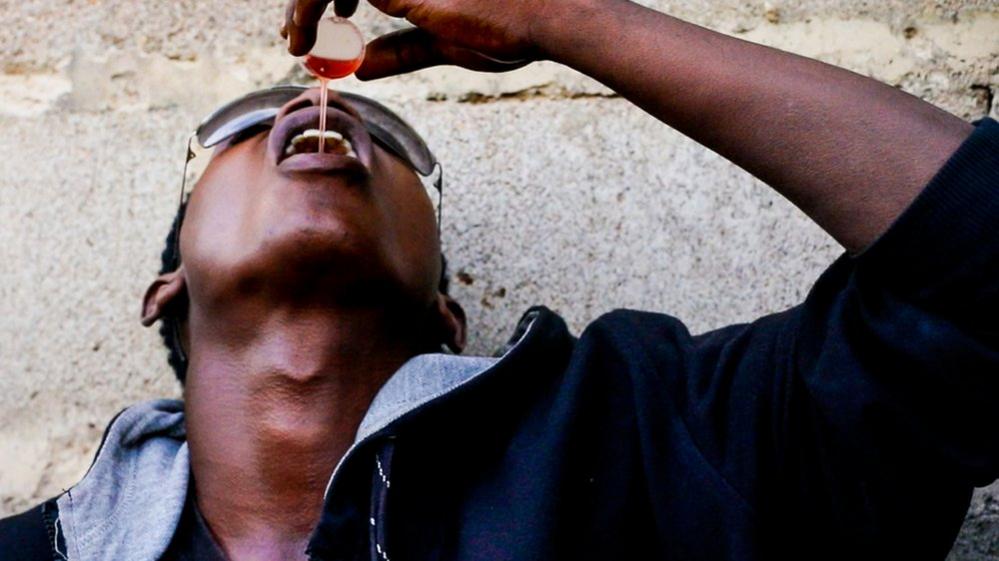My Stolen Childhood: understanding West Africa's trokosi system
- Published
Allow YouTube content?
This article contains content provided by Google YouTube. We ask for your permission before anything is loaded, as they may be using cookies and other technologies. You may want to read Google’s cookie policy, external and privacy policy, external before accepting. To view this content choose ‘accept and continue’.
Thousands of women across West Africa have been enslaved by a centuries old practice called "trokosi".
Girls are forced to live and work with priests in religious shrines, for the rest of their lives, to "pay" for the sins of family members.
Brigitte Sossou Perenyi was one of those girls, until she was adopted by an American man and moved to the US.
Although the practice has officially been banned in Ghana, it's still happening there and in other parts of West Africa on a small scale.
Twenty years after she was freed, Brigitte goes on a journey to understand what trokosi really is and why her family gave her away.
This is her report for Africa Eye, BBC Africa's new investigations unit.
- Published2 May 2018
